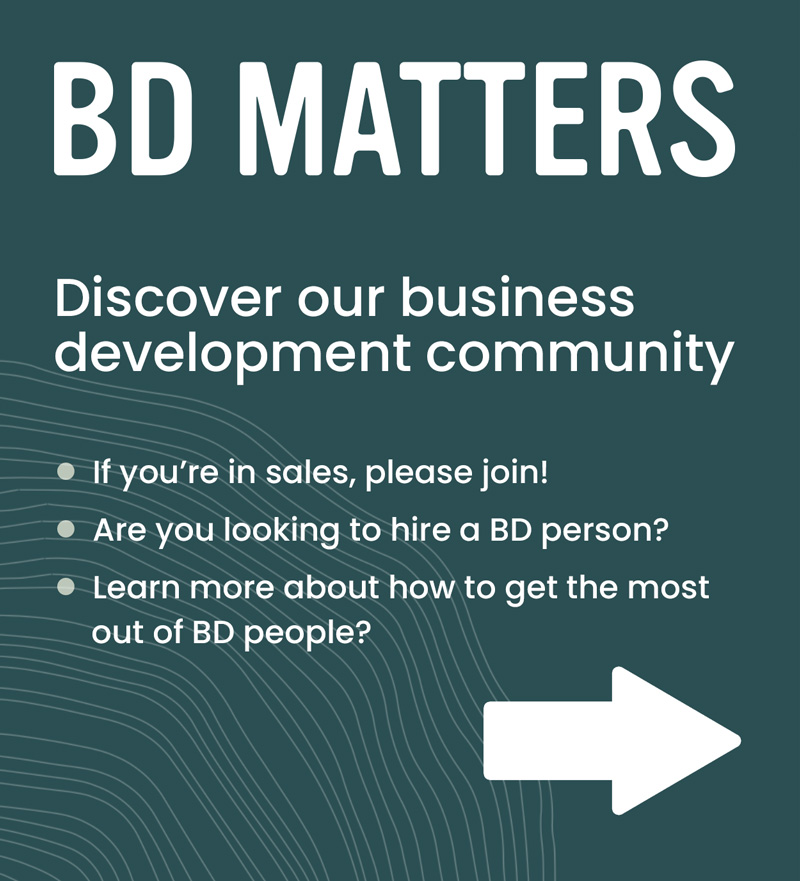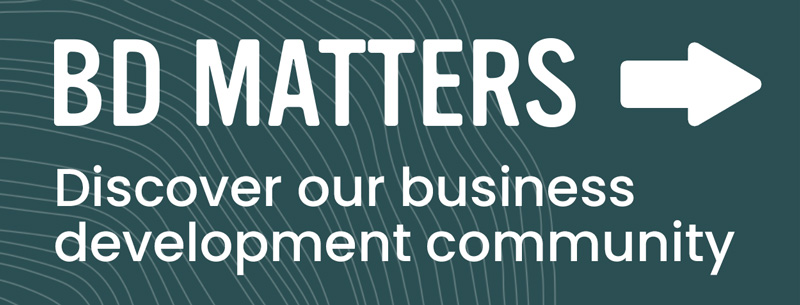
Part 1. Failure to differentiate, stand out and target a specific audience
March 18, 2019
We have identified what we believe are the top five reasons most agencies fail at new business and written a guide on how you can start to put in place the right steps to combat them. This is a five-part series that we will release over the next couple of months, which includes:
- Failure to differentiate, stand out and target a specific audience
- Thinking just outsourcing will get you results
- Lack of patience and consistency
- Little knowledge or experience in sales
- Failure to demonstrate value
Part 1
Differentiation can come in many shapes and sizes but when you start to treat your business as a brand and spend more time thinking about your audience, it becomes much easier. When we think about positioning (value proposition), we first think about brand positioning such as values, culture, beliefs, philosophy, personality etc. and then we think about sales positioning; the what, how and who. Your agency position is a combination of these two layers and how you give hierarchy to these messages.
The first part takes a lot of introspection and despite agencies thinking they can do this for themselves; many need external partners to challenge them and get to a much deeper level of authenticity. The second part is about much more than just listing your services and process. Often agencies take ‘what they do’ at face value but by dissecting client relationships and case studies you can reframe the way your agency is perceived and the work you do. Just saying what you do, although important, is going to make you sound like every other agency out there, but by looking deeper into the challenges you solve and the trends among your clients, you will create a far more compelling message. I have written quite a few blogs on how you can capture your own brand essence, but I want you to spend some time thinking about your audience and they value you hold in their lives.
Ultimately, the decision on who you should target comes down to bravery. It’s about making the big call as to how broad or niche you make your target audience. The more specific you go, the easier it is, but the smaller your pond to fish from. Or you go broad and appeal to everyone but at the same time appeal to no one in particular and differentiation becomes much tougher.
If you want quick growth, then going niche may be the right choice for you. Niche, also doesn’t have to mean small, as I will come on to explain. By appealing whole heartedly to a well-defined audience means you can gain traction quickly, being close to them through tailored events, thought leadership and PR. You won’t have to spread yourself too thin and you can focus; clarity of thought is priceless. The good thing is, that the more you get to know this one audience, the easier it gets; to the point where you will hopefully become synonymous with this group as the ‘go to’ agency.
So, the question is, what then? Have you been pigeon-holed? And can you manoeuvre out of it? If your positioning focuses on one industry sector or a specific service, then in years to come, you could find you monopolise a market and opportunities start to wear thin, slowing growth, and forcing you to consider how you diversify. Many agencies struggle at this point and make panicky decisions that stalls growth further. Often it takes a clever repositioning exercise and lateral thinking to shift your focus, which could have been achieved much earlier in the agency’s development. Once you get known for something it can take years for you to reverse that trend.
For me, the answer is about how tailored you make your ‘audience’. When I speak to most people about a target audience, they only think about industry sectors. However, there are so many other ways to define groups of businesses. You can also think about geography, culture, size of turnover and employees, ethics and philosophy, ownership structure, market position etc.
Not only that, agencies often forget to analyse the purchaser and forget that people are the ultimate decision makers behind winning and losing new business. We are emotional creatures that make many decisions trusting our gut and then post-rationalising them. It is important that when you create a strategy you build a clear audience profile that gets to grips with this person’s job title, power and seniority, mindset, ambition, personality, challenges, culture, and so on.
Once you start to build your target market as an amalgamation of these business and purchaser factors, then you will be able to carve yourself some ‘white space’ and a point of differentiation. You will be able to show a lot more empathy to this market and create clear messaging that resonates, which will open new doors for you. By thinking about your agencies brand and personality, you’ll be able to emotionally attract the types of people that you want to work with – the ones where it just ‘clicks’. And by delving into your audience’s business challenges and what they’re trying to achieve, you will also tick the rational purchasing decisions.
It’s a tough decision but as I say, it’s about being brave, knowing who you are and not wavering. Once you make your decision, jump into it all guts or glory and be known for something. We have devised several programmes to help you define who you are and who you want to be as well as analysing your clients, employees and case studies. Give us a call if you want us to take you through the process and get your agency pointed in the right direction or if you would like some tools to try and do it yourself.

